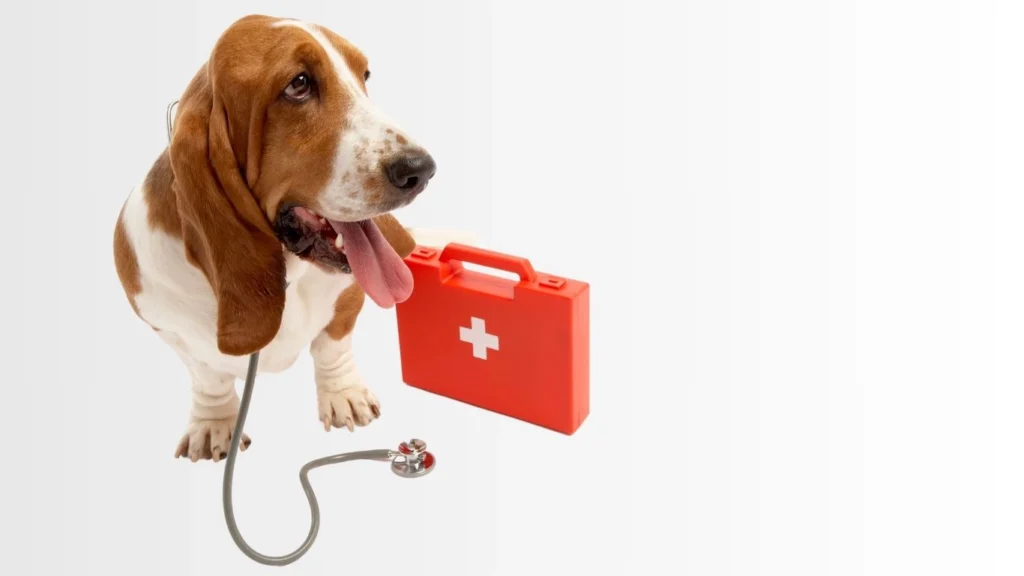In the middle of an emergency, there is no time to plan. If you have pets, taking some simple steps now can prevent tragedy in case of a fire, flood, or other disaster. Although no one likes to think about these things, planning and preparing is essential.
Here are some tips on what you need to prepare for emergencies.
Pet Carrier(s)
Be sure you have at least as many pet carriers as the number of animals in your home, and place them in an easily accessible place, like a closet near the door or a fire escape route. If you live in a multi-story home, you should have carriers available in two locations. In the event of an emergency, if you can’t find or access a carrier, a pillow case may work as a temporary solution.
Emergency Stickers
Mark your exterior doors and windows with stickers identifying the number and type of animals in your home. Check with your vet or favorite pet supply store for stickers you can use for this purpose.
Photo(s) of your pets
Take photographs of your pets and store them in a place other than your home. Even better, take photos of yourself with your pets, making it even easier to identify whose home they belong in. If you have digital photos, upload them to Flickr, Photobucket, Facebook, or another photo sharing website so you have a remote copy. If you have to leave your home without your pets or are unable to get inside to retrieve them, you will have pictures available to use on posters and to show to emergency personnel.
- Keep the phone number of your veterinarian and an emergency vet office saved in your wallet and/or cell phone.
- Know your pet’s favorite hiding spots so you know where to look first.
- Give a friend or neighbor whom you trust with your pets a copy of your house keys, a list of your pets’ favorite hiding places, and the location of your pet carriers.
- If you live in a multi-unit building, talk to your neighbors about your emergency/fire safety plan, and ask for theirs.

Your To-Do List
- Talk to your renter’s insurance about whether yours includes a pet policy to cover injury to your pets. Be aware that most renter’s and homeowner’s insurance policies do not cover injury to your pets.
- Consider where you would keep your pets (both short-term and long-term) if you were forced to leave your home due to emergency. For the short-term, plan ahead on an immediately accessible space where you can place your pets, like a car or a friend’s porch, spare room, or even bathroom. For the long-term, if you will need to board them, research businesses ahead of time.
- Be financially prepared. Consider having a specific savings account for pet emergencies or having a credit card specifically to finance pet emergencies. Companies like CareCreditallow pet owners to have a line of credit available specifically/only for pet medical care, and this is accepted by many veterinarians.
- Keep an emergency kit with a supply of pet food and any medications your pet may need.
- Check your smoke detector once a month to ensure it’s functional and change the batteries at least once a year. If you have a home alarm system, ask about smoke detectors that will trigger the alarm system. Also, practice regular fire prevention steps, such as unplugging unused appliances, not overloading outlets, keeping flammables away from heat or ignition sources, etc. Consider placing recurring reminders on your calendar.
- Put collars and ID tags with your phone number on each pet. For cats, we recommend break-away collars. If you have a dog, register it within your city of residence and keep its registration and rabies vaccine tag on the collar.
- Microchip your pets and keep the address and contact information up to date with the chip company. If your pet escapes your home during an emergency and ends up at a shelter or vet office, this will increase the chances he will find his way back to you. And unlike collars, microchips cannot break or fall off.
Relief Funds – Financial Support
Red Rover: http://www.redrover.org/program/redrover-relief
First-Aid Preparedness
AVMA First Aid Tips:
https://www.avma.org/resources-tools/pet-owners/emergencycare/first-aid-tips-pet-owners
American Red Cross First Aid for Pets Course
https://www.avma.org/resources-tools/pet-owners/emergencycare/first-aid-tips-pet-owners
Until next time…
WOOF!



